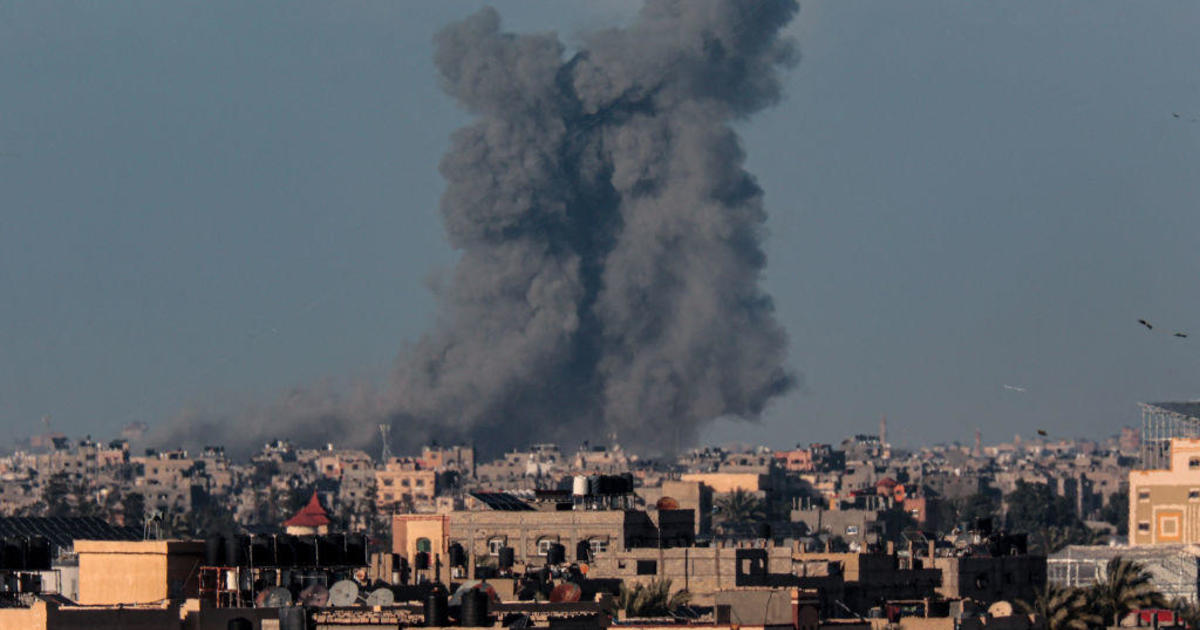The U.S. intelligence community has released a global threat assessment that predicts Israel will struggle to neutralize Hamas’s underground tunnel systems and will likely face armed resistance from the militant group for years to come. The risk of escalation in the conflict in Gaza remains high, according to the report. The crisis in Gaza has fueled violence by terror groups worldwide, with both al Qaeda and ISIS directing supporters to conduct attacks against Israeli and U.S. interests.
The assessment also raises concerns about the viability of Israeli Prime Minister Benjamin Netanyahu’s leadership and governing coalition, suggesting that large protests demanding his resignation and new elections may be imminent. President Biden has criticized Netanyahu’s handling of the conflict in Gaza, which has resulted in the deaths of thousands of civilians. CIA Director William Burns has been involved in negotiations for a cease-fire to allow for the delivery of humanitarian aid into Gaza, where the health ministry has reported deaths due to malnutrition.
The report also highlights Iran’s role in supporting proxy groups like Hamas and Hezbollah, enabling attacks against U.S. forces in Iraq and Syria, as well as missile and UAV attacks on Israel and international shipping. It warns that Russia is benefiting from uncertainties about military aid to Ukraine, which has faced recent losses on the battlefield. The report emphasizes the importance of continued U.S. support for Ukraine to maintain its advances against Russian forces.
The assessment also raises concerns about Russia’s potential use of nuclear weapons in Ukraine and China’s support for Russia’s military campaign. China has been providing dual-use materials and weapons components to Russia, increasing bilateral trade between the two countries. The report warns that discontinuing support for Ukraine could have broader implications, fueling doubts among U.S. allies in the Indo-Pacific and emboldening Chinese ambitions in the Taiwan Strait and South China Sea.
The annual hearing before the Senate Intelligence Committee provides a rare opportunity for lawmakers and the public to hear directly from leaders of American intelligence agencies. The report underscores the complex and evolving nature of global threats, from conflicts in the Middle East to tensions between major powers like the U.S., Russia, and China. The intelligence community’s assessment serves as a valuable resource for policymakers and the public to better understand and respond to these challenges.









